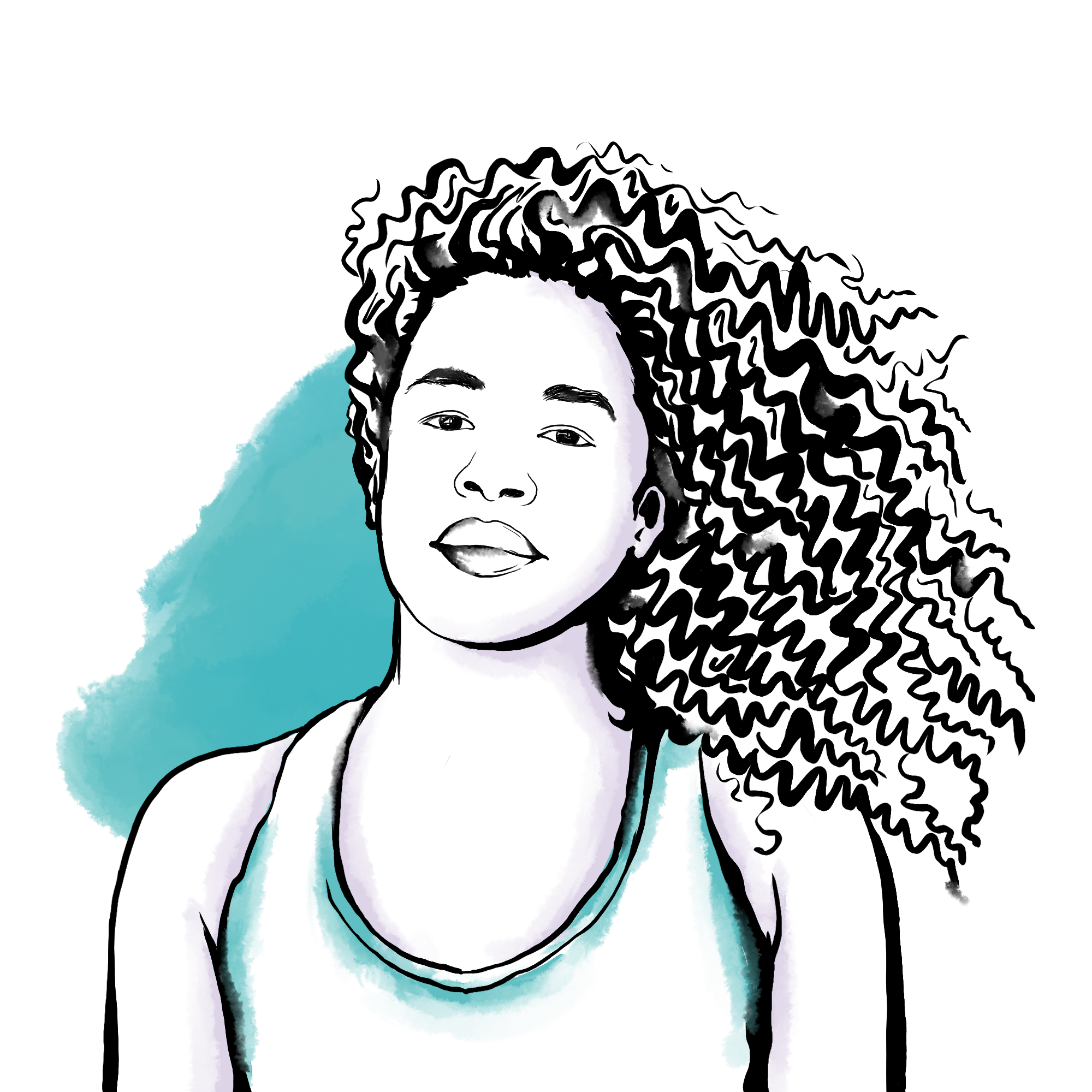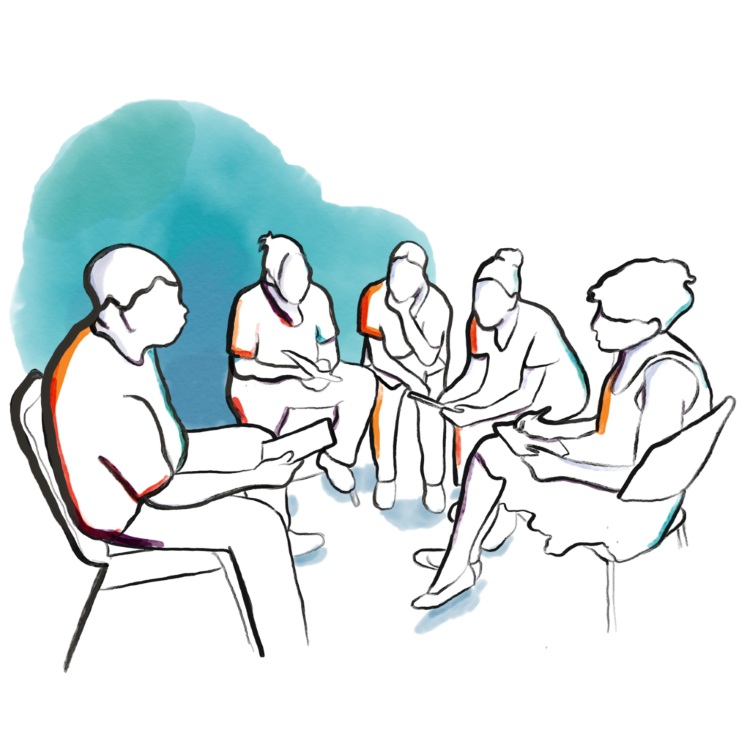How to Succeed at VAW Prevention: Key elements of effective programmes
Across multiple settings and programme types, the same ingredients prove effective. Learn what they are and how to use them.
Applications closed on 31st March 2024
Course summary
This course looks at the common characteristics of effective prevention programming, as emerging from the latest evidence and experience in the violence against women (VAW) prevention field. You will learn about the characteristics and how to apply them; explore examples of effective programming, including the characteristics that made them successful and those that proved to be a challenge; and consider how these ideas relate to your own programmes and contexts.
Goal
Support practitioners to design innovative, effective VAW prevention programmes and strengthen existing programmes.


Overview
Prevention programmes look different in every context. However, evidence and experience reveal that the most effective prevention programmes all maintain common characteristics.
These characteristics are: intentional, holistic, transformative, interactive, aspirational, and exposure. Furthermore, in order to bring these programmes to life, it is essential that organisations engage in a thoughtful design process and uphold prevention principles across all parts of the programme cycle.
The course has nine virtual sessions:
- Introduction
- Holistic
- Intentional
- Transformative
- Interactive
- Aspirational
- Exposure
- Emerging issues
- Looking forward
This course was developed by the Prevention Collaborative. The Prevention Collaborative strengthens the capacity of key actors to design, deliver, and advocate for cutting-edge prevention programmes, informed by research-based evidence, practice-based learning, and feminist principles.
Learning objectives
By the end of the course, you will be able to:
- Understand each of the core elements that have proven effective in preventing VAW.
- Analyse prevention programmes considering the elements of effective programming.
- Apply the learning to different contexts, and groups, and to new and existing programming.
Format
We know how much we can all learn from one another, so this course is designed to maximise participation and learning between participants. It will be facilitated by members of the Prevention Collaborative who bring deep experience in VAW prevention. Weekly sessions will involve participant sharing, presentations, and group work. Take-home assignments will reinforce and deepen learning. Please note that the course will be conducted in English.
The number of participants is limited in order to ensure this engagement. One of our team will contact you to confirm your participation or suggest other opportunities including taking our other courses.


Participant profile
This course is intended for individuals who work in the field of VAW prevention and have an understanding of prevention essentials. Programme leads, designers, and managers are ideal candidates. Participants should be prepared to think about how the course material can be applied to their experience and context and be willing to share with others.
Date and time
This course will meet every Wednesday starting on 17th April and ending on 12th June at:
- 0800 to 1000 Accra time
- 1100 to 1300 Nairobi time
- 1500 to 1700 Bangkok time
- 1700 to 1900 Dili, Timor-Leste time
Prerequisite
To ensure that all participants have a common understanding of key VAW prevention concepts, successful applicants must complete the prerequisite course, Prevention Essentials Refresher (self-paced), by Monday, 15 April or have completed the Prevention Essentials facilitated course. If you have received a certificate of completion for either the facilitated or self-paced Prevention Essentials course, there is no need to repeat!
Applications closed on 31st March 2024.
For more information about this course, contact us at learninglab@prevention-collaborative.org.
Ready to learn?
Sign up here for updates on the next facilitated schedule.
